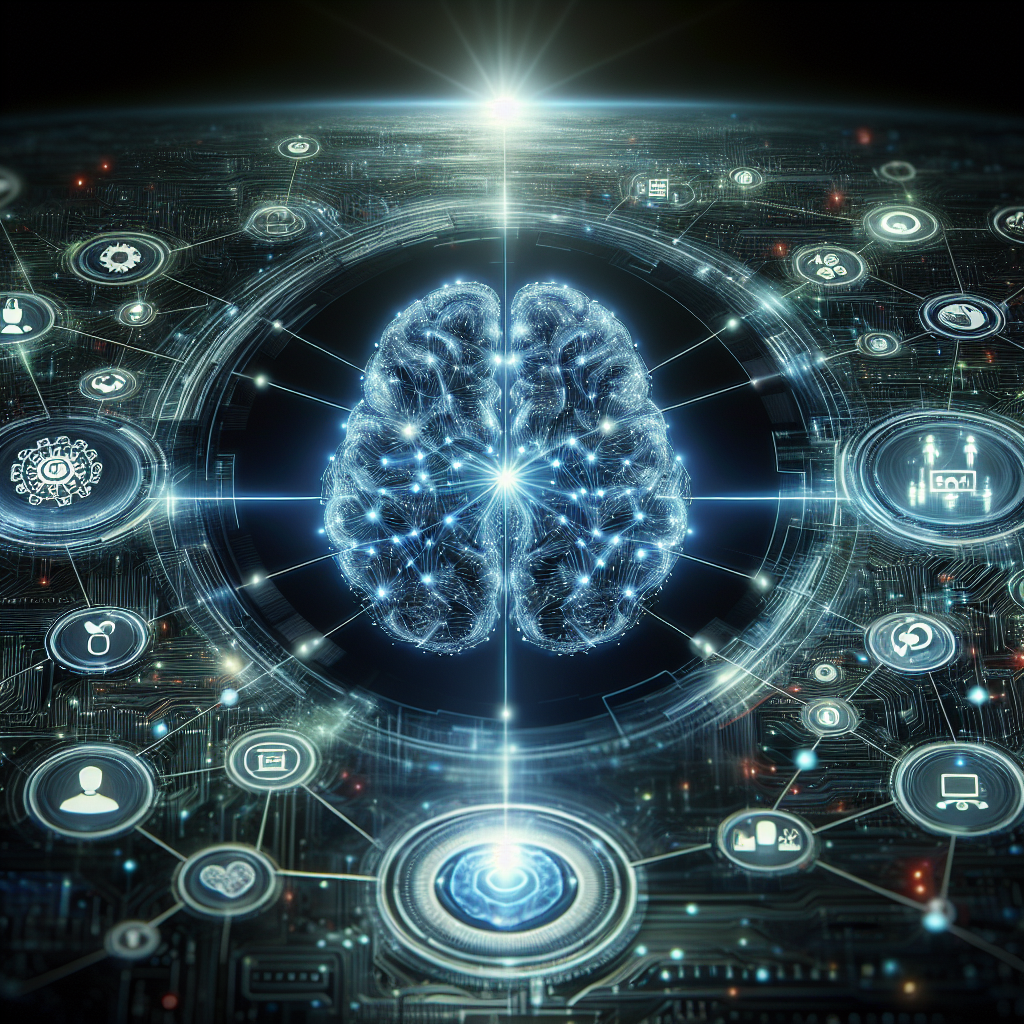Artificial General Intelligence (AGI) is a term that refers to a type of artificial intelligence that possesses the ability to understand, learn, and apply knowledge in a way that is similar to human intelligence. While current AI technology is largely focused on narrow tasks, such as image recognition or natural language processing, AGI aims to create machines that can perform a wide range of intellectual tasks at a human level or beyond.
The development of AGI has the potential to revolutionize the world in ways that are difficult to imagine. From healthcare to education to transportation, the impact of AGI could be felt in almost every aspect of society. In this article, we will explore the future of AGI and how this technology will change the world.
The Potential of AGI
AGI has the potential to vastly improve our lives in a number of ways. One of the most exciting possibilities is in the field of healthcare. With the ability to analyze vast amounts of medical data and make accurate diagnoses, AGI could revolutionize the way we approach healthcare. It could help doctors make more accurate diagnoses, predict the onset of diseases before they occur, and even suggest personalized treatment plans based on an individual’s genetic makeup.
In education, AGI could personalize learning experiences for students, allowing them to learn at their own pace and in a way that suits their individual learning style. Teachers could use AGI to create customized lesson plans and assess student progress in real-time, leading to better educational outcomes for all students.
In transportation, AGI could revolutionize the way we get around. Self-driving cars powered by AGI could reduce traffic accidents, improve fuel efficiency, and make transportation more accessible for people with disabilities or limited mobility. AGI could also optimize traffic flow, reducing congestion and making commuting more efficient.
The Future of Work
While the potential benefits of AGI are vast, there are also concerns about the impact this technology could have on the workforce. As AGI becomes more advanced, it has the potential to automate many jobs that are currently performed by humans. This could lead to widespread unemployment and economic disruption, as workers are displaced by machines.
However, some experts believe that AGI could also create new job opportunities that we can’t even imagine yet. As machines take over repetitive tasks, humans could focus on more creative and strategic work, leading to new industries and job roles that we haven’t even thought of yet.
The Ethical Implications of AGI
As with any new technology, there are ethical implications to consider when it comes to AGI. One of the biggest concerns is the potential for AGI to be used in ways that harm society. For example, there are concerns about the use of AGI in warfare, surveillance, and other applications that could infringe on people’s privacy and rights.
There are also concerns about the impact of AGI on inequality. If AGI leads to widespread job displacement, it could exacerbate existing inequalities and create new ones. It will be important for policymakers to develop regulations and safeguards to ensure that AGI is used ethically and responsibly.
FAQs
Q: When will AGI be developed?
A: It’s difficult to say when AGI will be developed, as it is a complex and challenging goal. Some experts believe that we could see AGI within the next few decades, while others believe it is still many years away.
Q: Will AGI be able to surpass human intelligence?
A: It’s possible that AGI could surpass human intelligence in certain areas, such as processing speed and memory capacity. However, whether AGI will be able to replicate all aspects of human intelligence, such as creativity and emotional intelligence, remains to be seen.
Q: What are the risks of AGI?
A: There are a number of risks associated with AGI, including job displacement, ethical concerns, and the potential for misuse. It will be important for researchers, policymakers, and society as a whole to address these risks proactively.
In conclusion, the future of AGI holds both incredible promise and significant challenges. While the potential benefits of AGI are vast, there are also concerns about the impact this technology could have on society. It will be important for researchers, policymakers, and society as a whole to work together to ensure that AGI is developed and used in a way that benefits everyone. Only time will tell what the future holds for AGI, but one thing is certain: it will change the world in ways we can’t yet imagine.

